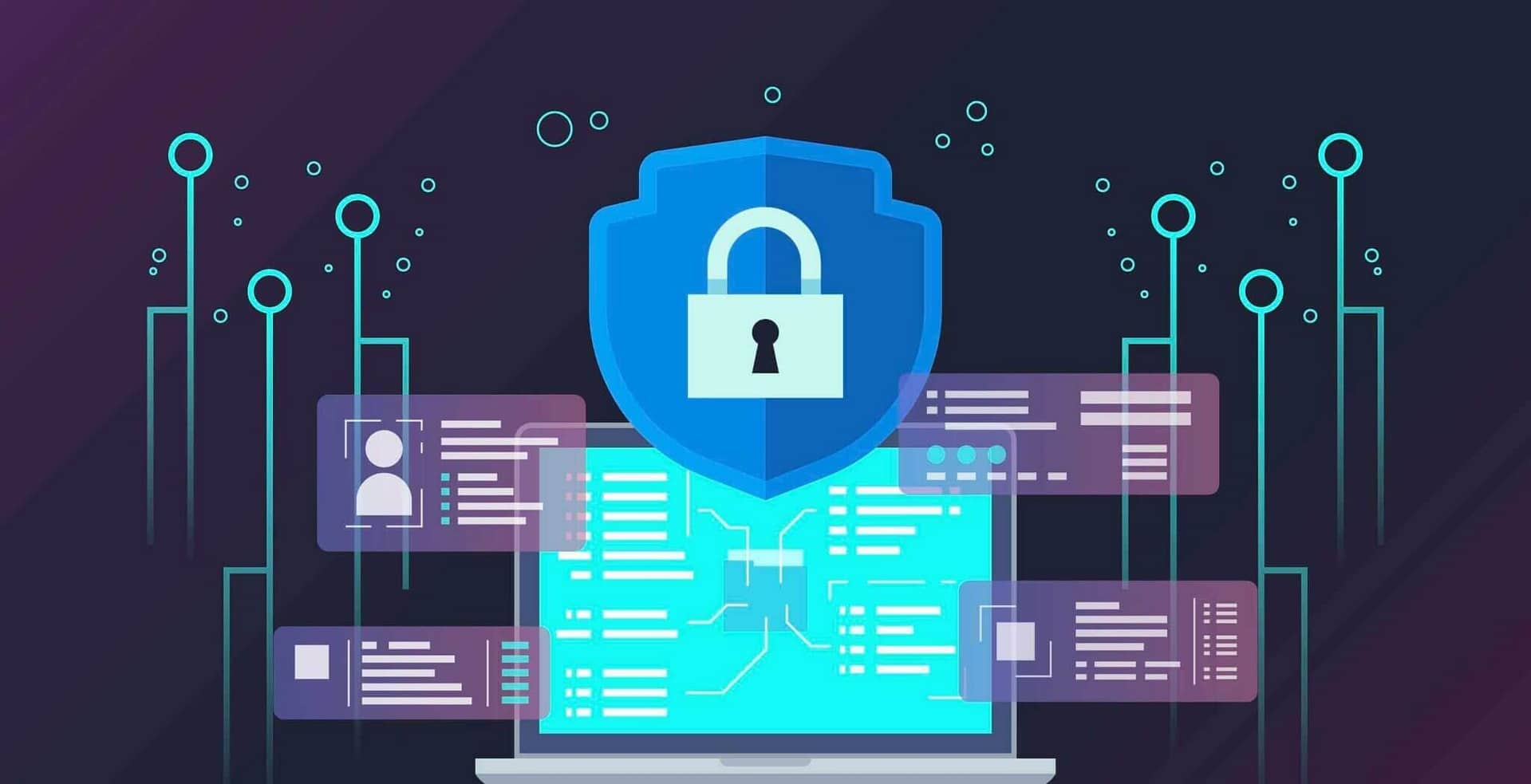Endpoint Security
Please Share this Post
What is Endpoint Security?
Endpoint security refers to the protection of individual computing devices (endpoints) such as desktops, laptops, smartphones, tablets, servers, and other devices connected to a network from cyber threats. Endpoint security solutions are designed to defend endpoints against various types of malware, unauthorized access, data breaches, and other cyber attacks.
Key components of endpoint security include:
Antivirus/Anti-malware: Endpoint security solutions include antivirus and anti-malware software that scans and detects malicious software (malware) such as viruses, worms, Trojans, ransomware, spyware, and adware. These tools help prevent malware infections and remove malicious files from endpoints.
Firewall: Firewalls are network security devices that monitor and control incoming and outgoing network traffic based on predetermined security rules. Endpoint firewalls protect individual devices from unauthorized access, network-based attacks, and malicious traffic by filtering incoming and outgoing network packets.
Intrusion Detection and Prevention Systems (IDPS): Intrusion detection and prevention systems (IDPS) monitor network and system activities for signs of suspicious behavior or potential security breaches. IDPS solutions deployed on endpoints can detect and block intrusion attempts, unauthorized access, and other security threats in real-time.
Endpoint Detection and Response (EDR): Endpoint detection and response (EDR) solutions provide advanced threat detection, investigation, and response capabilities on individual endpoints. EDR tools monitor endpoint activities, analyze behavior patterns, and respond to security incidents such as malware infections, fileless attacks, and endpoint compromise.
Data Encryption: Endpoint security solutions may include data encryption capabilities to protect sensitive data stored on endpoints from unauthorized access and disclosure. Encryption technologies encrypt data at rest and in transit, ensuring that only authorized users can access and decrypt the data.
Patch Management: Patch management solutions automate the process of identifying, deploying, and managing software patches and updates on endpoints. Patch management helps ensure that endpoints are up-to-date with the latest security patches and fixes, reducing the risk of known vulnerabilities being exploited by attackers.
Device Control: Endpoint security solutions may include device control features that allow administrators to control and manage the use of peripheral devices such as USB drives, external hard drives, printers, and cameras connected to endpoints. Device control helps prevent data leakage and unauthorized access through removable devices.
Application Control: Application control solutions restrict the execution of unauthorized or potentially malicious applications on endpoints. Application control policies define which applications are allowed to run on endpoints based on whitelists, blacklists, or other criteria, reducing the risk of malware infections and unauthorized software installations.
Security Policy Enforcement: Endpoint security solutions enforce security policies and compliance requirements on endpoints to ensure consistent security posture across the organization. Security policies define rules and settings related to password complexity, access control, encryption, and other security configurations.
Endpoint security is essential for protecting organizations’ sensitive data, intellectual property, and critical infrastructure from cyber threats. By implementing comprehensive endpoint security solutions and practices, organizations can strengthen their overall cybersecurity posture and mitigate the risk of security breaches and data loss.

Leave a Reply